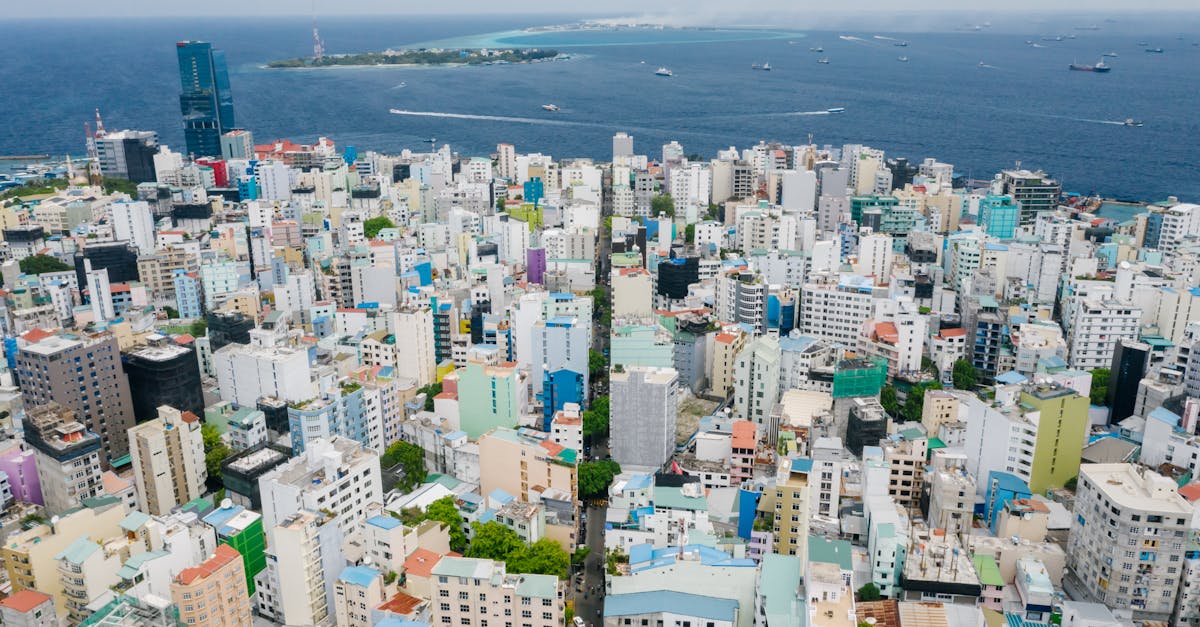Roof Replacement for Commercial Properties in Sydney

Table Of Contents
Roof Replacement for Commercial Properties in Sydney
For businesses in Sydney, maintaining the integrity of commercial properties is crucial, and a significant aspect of this maintenance is the roof. When it comes time for a new roof, seeking a Commercial Roofing Consultation Sydney can provide essential insights into the best materials, techniques, and designs suited for specific needs. This consultation not only helps in making informed decisions but also ensures compliance with local regulations and standards, ultimately safeguarding your investment.
Sydney's commercial roof replacement services are designed to cater to a variety of industries, reflecting the unique architectural styles and functional demands of the region. Engaging in a commercial roofing consultation sydney allows property owners to explore innovative solutions that enhance durability and aesthetics. With the right guidance, businesses can effectively navigate the complexities of roof replacement, ensuring their properties remain safe, efficient, and visually appealing for years to come.
Understanding Investments of Business Roofing Replacement in NSW
Exploring investments associated with business roof replacement is important for property owners in NSW. Elements such as material choice, scale of the installation, and labor expenses can all greatly influence the overall price. Additionally, regulatory requirements and the condition of the existing structure can also contribute to the ultimate expense incurred.
In the process of calculating the costs for a business roof replacement, commercial property managers should also consider possible ongoing savings. Spending in high-quality roof systems may lead to lower maintenance costs and better energy efficiency over time. Consulting a certified roofing contractor can provide helpful insights into the most suitable options that align with resources while ensuring quality.
Considerations That Affect Roof Replacement Estimates
When evaluating a roofing task, several factors come into play that influence the complete estimate. A key element is the kind of material used for the roofing system. Varied materials, such as metal roofing, come with varying price points and durability factors. Moreover, the complexity of the roof can significantly affect installation costs. More sloped roofs typically require more effort, which can raise the overall estimate.
An additional element that affects roofing costs is the size of the structure. More extensive roofs will typically need more materials and work, leading to higher costs. Geographical factors also play a part in determining costs, as labor rates and material availability can vary by region. Community regulations and permitting requirements can also affect the final estimate of a roofing project, making it essential to factor in these elements during the planning phase.
Choosing the Right Roofing Type in Your Industrial Roofing Overhaul
In the process of evaluating a commercial roofing replacement, one of the key factors involves choosing the most suitable roof product. Several materials come with unique benefits that can impact the longevity and performance of your roofing system. For example, metal roofing is recognized for its durability and energy efficiency, while thermoplastic olefin provides a more cost-effective solution with excellent heat-reflective capabilities.
A vital step to think about your building's specific needs and environmental conditions when choosing a roof product. Additionally, engaging a qualified roofing contractor can help you navigate the different options available, ensuring you make an informed decision. They can provide valuable insights into the application methods and upkeep necessities for each type of roofing material. This information can help you maximize the value of your commercial roof investment.
Pros and Cons of Popular Roof Materials
When considering a commercial roof replacement in Sydney, it is essential to evaluate the benefits of widely used roofing products. Steel roofs offers strength and low maintenance, making it a preferred choice for many business owners. Additionally, metal options can reflect heat, leading to reduced energy consumption over time. Shingle roofs are another widely used option due to their affordability and simple installation, providing a decent solution for many commercial properties.
On the other hand, there are also cons to consider when selecting roofing products. For instance, steel roofs can be more higher in price initially, which may not fit every budget. Furthermore, they can be noisy during rain or hail, potentially causing disturbances inside the building. Shingle roofs may present issues such as less longevity compared to other materials and can be prone to damage from extreme weather conditions. Ultimately, weighing the benefits against the drawbacks is crucial for making an informed decision about the best roofing option for a commercial property.
Understanding Advantages of Spending in Commercial Roof Overhaul
Spending in commercial roof reinstallation delivers numerous advantages for property owners. A updated roof can significantly enhance the aesthetic appeal of a building, making a more appealing appearance. In addition, a modern roofing system can increase property value, resulting in it more attractive to potential tenants or buyers.
Additionally key advantage of commercial roof reinstallation is the potential for energy-efficient savings. Installing an old roof with energy-efficient materials can decrease heating and cooling costs, leading to long-term savings. Moreover, a updated roof can aid in avoiding leaks and water damage, which can result in costly repairs down the line. Overall, focusing in roof reinstallation is a smart choice for any commercial property owner.
Importance of Renewing Your Commercial Roofing
Renewing your commercial roof can significantly enhance the overall value and appeal of your property. A well-maintained roof not only protects your investment but also contributes to energy efficiency. This can lead to lower utility costs and a more comfortable working environment for employees. Additionally, a new roof can improve the aesthetic appeal of your building, making it more attractive to potential clients or customers.
Investing in roof upgrades is essential for maintaining structural integrity. Over time, roofs can suffer from wear and tear due to weather conditions, which can lead to leaks and other issues if not addressed. By improving your commercial roof, you are ensuring that your building remains safe and secure for occupants. Moreover, a modern roof system can offer enhanced durability, reducing the need for frequent repairs or replacements in the future.